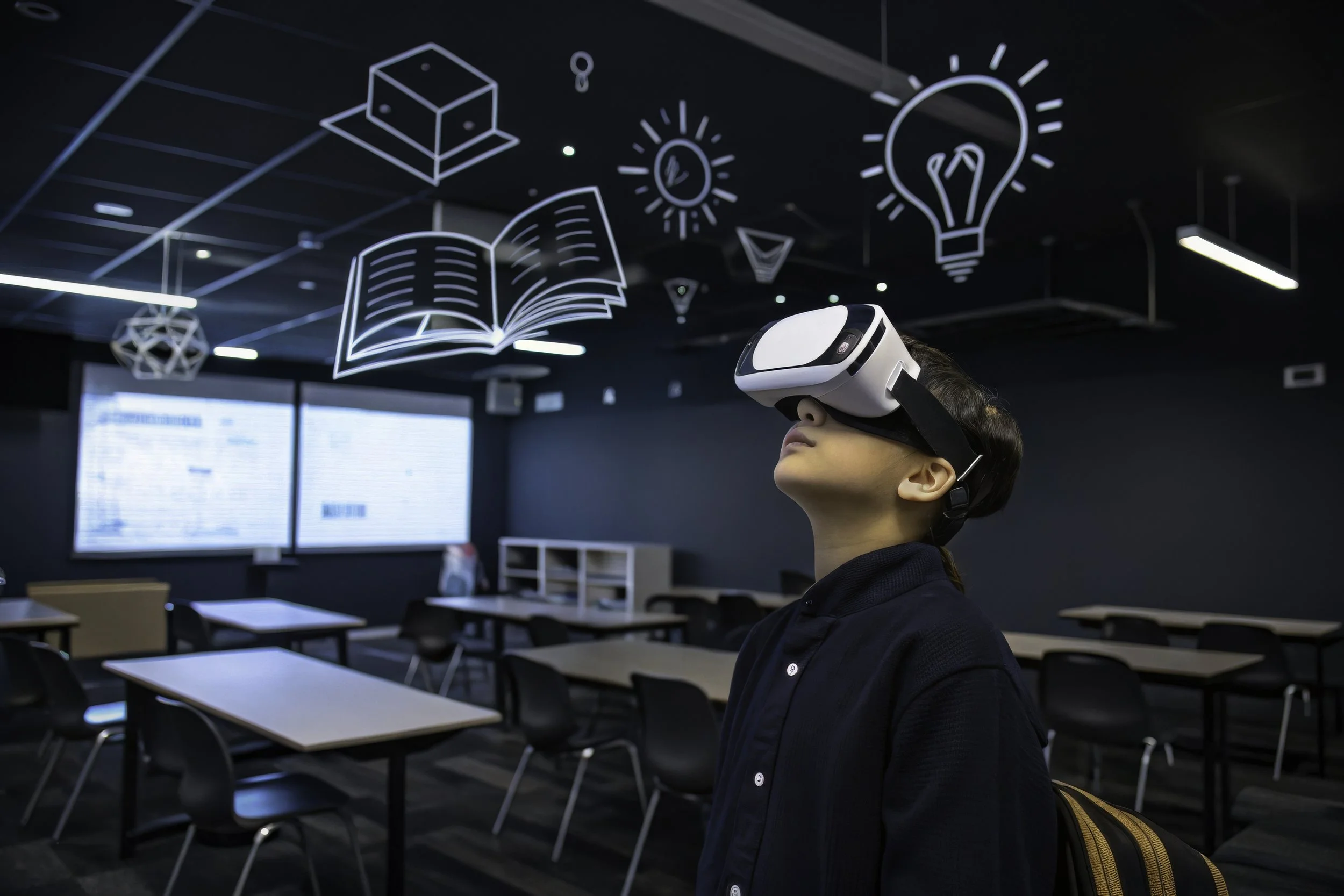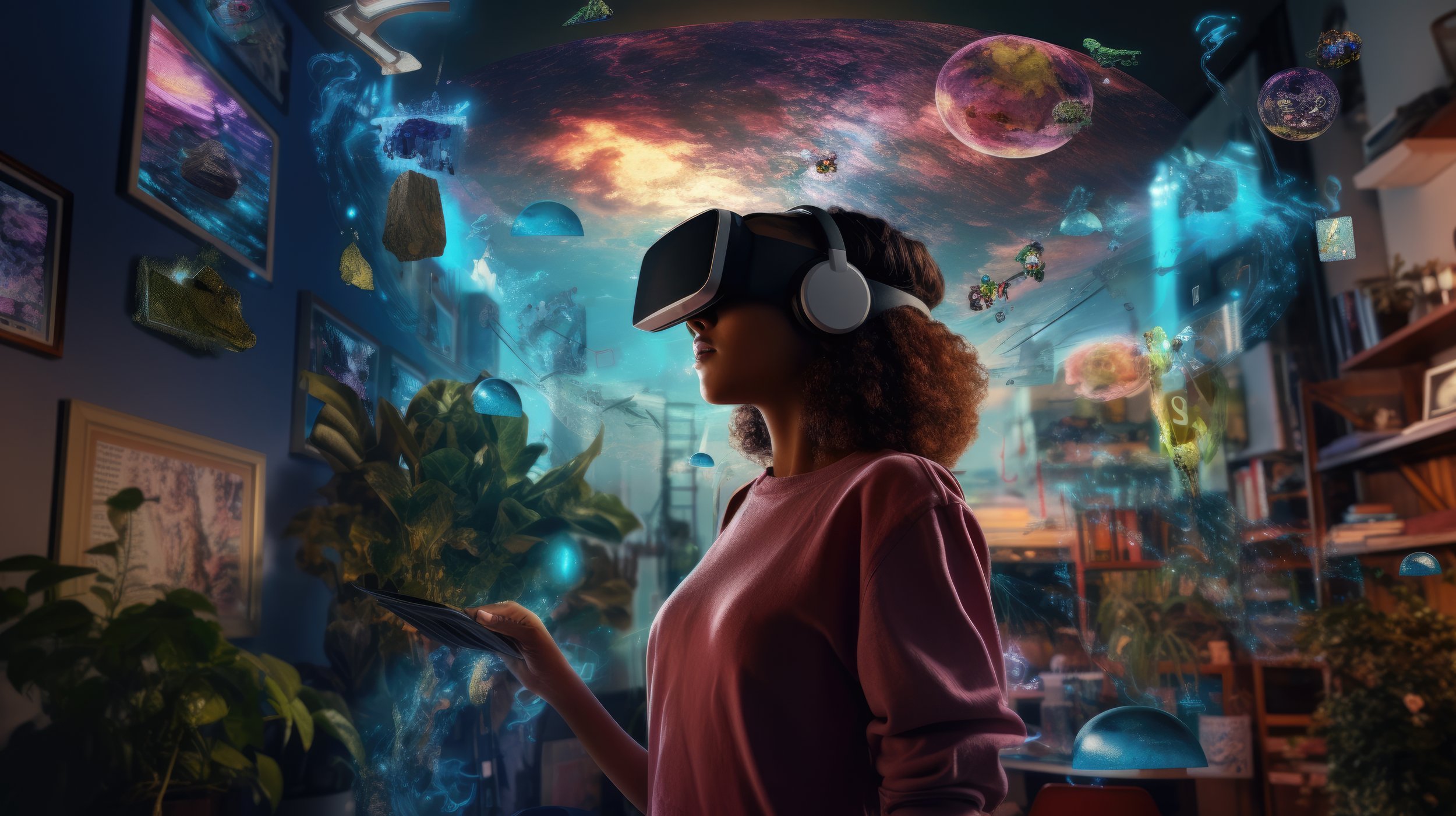
TechNews
Latest updates and insights on tech.
The VR Learning Revolution
This article explores how VR is transforming education and training through immersive simulations and virtual classrooms. From developing hands-on skills to enhancing online learning, VR is creating deeper, more engaging learning experiences across industries.
VR/AR in Education
Virtual Reality (VR) and Augmented Reality (AR) are reshaping education by delivering immersive, interactive experiences that boost comprehension, retention, and student engagement. From virtual surgeries to 3D anatomy models and virtual field trips, these tools provide hands-on learning opportunities across subjects and grade levels. VR and AR also support personalized and remote education while fostering collaboration and communication skills. Despite challenges like cost, technical limitations, and the need for teacher training, advancements in hardware and content development continue to make these technologies more accessible. The future of education lies in creating rich, digital learning environments that break barriers and make learning more engaging than ever before.
AR in Experiential Learning
Augmented Reality bridges the gap between theory and practice by creating immersive, interactive learning environments that enhance skill development and learning. Through location-based experiences and collaborative problem-solving scenarios, AR enhances engagement, fosters critical thinking, and improves knowledge retention. This technology enables educators to equip students with essential 21st-century competencies through hands-on digital experiences.
Augmented Reality: Transforming Learning
The traditional classroom often confines learning to textbooks and lectures, leaving a gap between theory and real-world application. Students struggle to connect abstract concepts to practical experiences, hindering skill development. Augmented reality (AR) emerges as a revolutionary tool, offering immersive experiences that transform the learning environment. This article explores the potential of AR for redefining experiential learning, focusing on its impact on skill development through interactive learning experiences. We examine how AR applications can create location-based learning experiences, promote problem-solving and critical thinking, and foster collaboration and communication skills. The article also addresses the impact of AR on student engagement and knowledge retention within an experiential learning framework. Challenges regarding accessibility, content development, and curriculum integration are discussed. By harnessing the power of AR, educators can create a dynamic and engaging learning environment, empowering students to develop the skills necessary to navigate the complex world of the 21st century.




